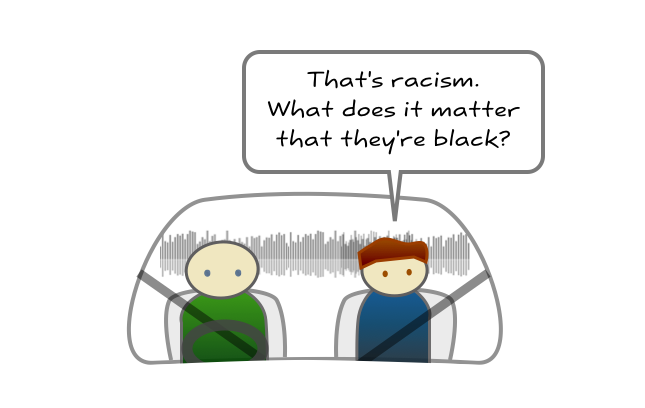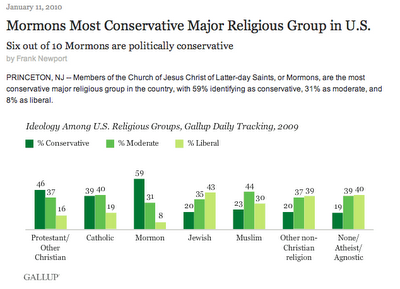We’re heading into the election of 2016 as I write this. I hope this is reaching you in a not-too-far distant time when the USA has sent a would-be tinpot dictator packing, where he can spend his time working on a fascist TV station.
Social media has been revealing this time around. Everyone has revealed themselves. The guy you went to high school with, the former teacher, the frothing-at-the-mouth friend of a friend, some guy from church — many people have revealed themselves as supporters (enthusiastic or otherwise) of Strongman McBreitbart. It’s always a shock and a disappointment when you learn unexpectedly that someone has “gone Trump“.
I went to a production of The Sound of Music recently. Great show, still works. The scene I love is “So Long, Farewell”. That’s partly because OMG adorable children! The whole bedtime ritual is very emotional for me.
But the real pang in that scene for me on this evening was because we know what’s coming for all the people at that party. They’re friends and neighbours. They’re going to tear each other apart over their alliances in this war we know is coming. And then they’re going to have to figure out how to live together again after this is all over.
It dawns on you gradually. The swastika-spider flags show up suddenly, but when the Captain’s servant snaps a quick Nazi salute, you realise — oh crap, you’re one of them too? How long has this been going on? Who else?
As then, so now. As I say, revealing.











Recent Comments